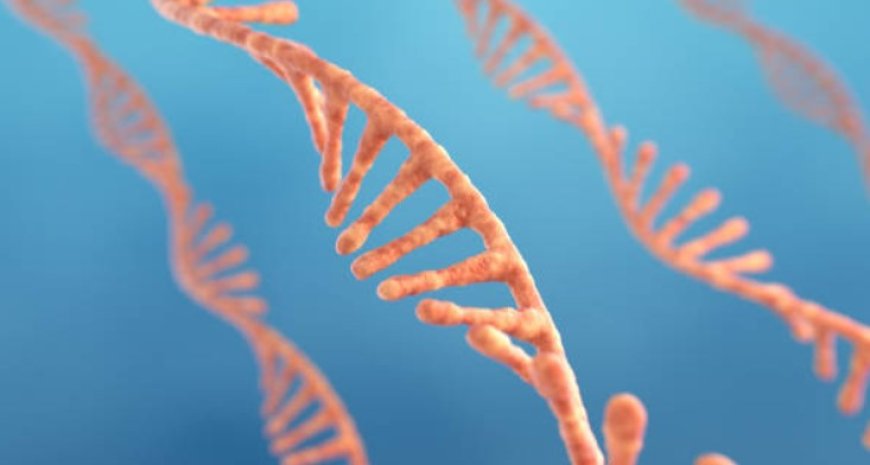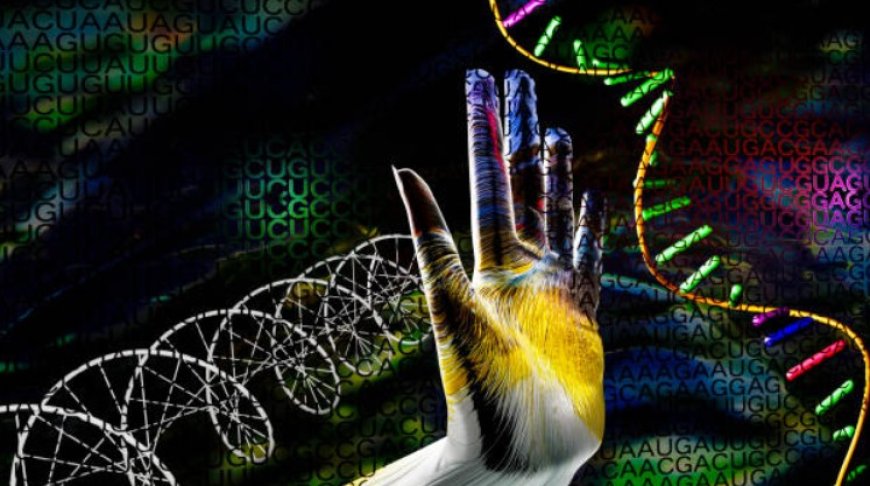RNA vs. DNA: Key Differences and Functions
Learn about the key chemical and structural differences between RNA and DNA, as well as their distinct functions in cells. Discover the different types of RNA and their essential roles in protein synthesis, gene regulation, and signaling.
Though they are both nucleic acids, RNA and DNA differ significantly from one another.
Chemical composition
* RNA is composed of ribose sugar, whereas DNA is composed of deoxyribose sugar.
* Thymine is a nitrogenous base found in DNA, whereas uracil is found in RNA.
Organization
* RNA is a single-stranded molecule as opposed to the double-stranded nature of DNA.
* While RNA may construct a wide range of intricate three-dimensional structures, DNA forms a double helix.
Feature
* The genetic substance found in all living things is called DNA. It includes the guidelines for creating and caring for cells.
* A wide range of biological functions, including as signaling, gene control, and protein synthesis, depend on RNA.
The following table lists the main distinctions between DNA and RNA:
Characteristic / RNA / DNA
Sugar, Ribose ,Deoxyribose
Nitrogenous, / basesAdenine, guanine, cytosine, uracil ,/ Adenine, guanine, cytosine, thymine /
Structure /Single-stranded / Double-stranded /
Function / Protein synthesis, gene regulation, signaling ,/ Genetic material of all living organisms
RNA Examples
* Messenger RNA (mRNA): mRNA is responsible for transporting DNA's genetic instructions to the ribosome, the site of protein synthesis.
* Ribosomal RNA (rRNA): the building block of the ribosome, the location of protein synthesis, is rRNA.
* Transfer RNA (tRNA): During protein synthesis, tRNA transports amino acids to the ribosome.
* MicroRNA (miRNA): miRNA silences particular genes to control the expression of genes.
* Long non-coding RNA (lncRNA): lncRNA is involved in the differentiation, development, and control of genes among other cellular functions.
To sum up
Both DNA and RNA are necessary building blocks of life. While DNA is the genetic substance of all living things, RNA is essential for signaling, gene control, and protein synthesis.













































































































































































































